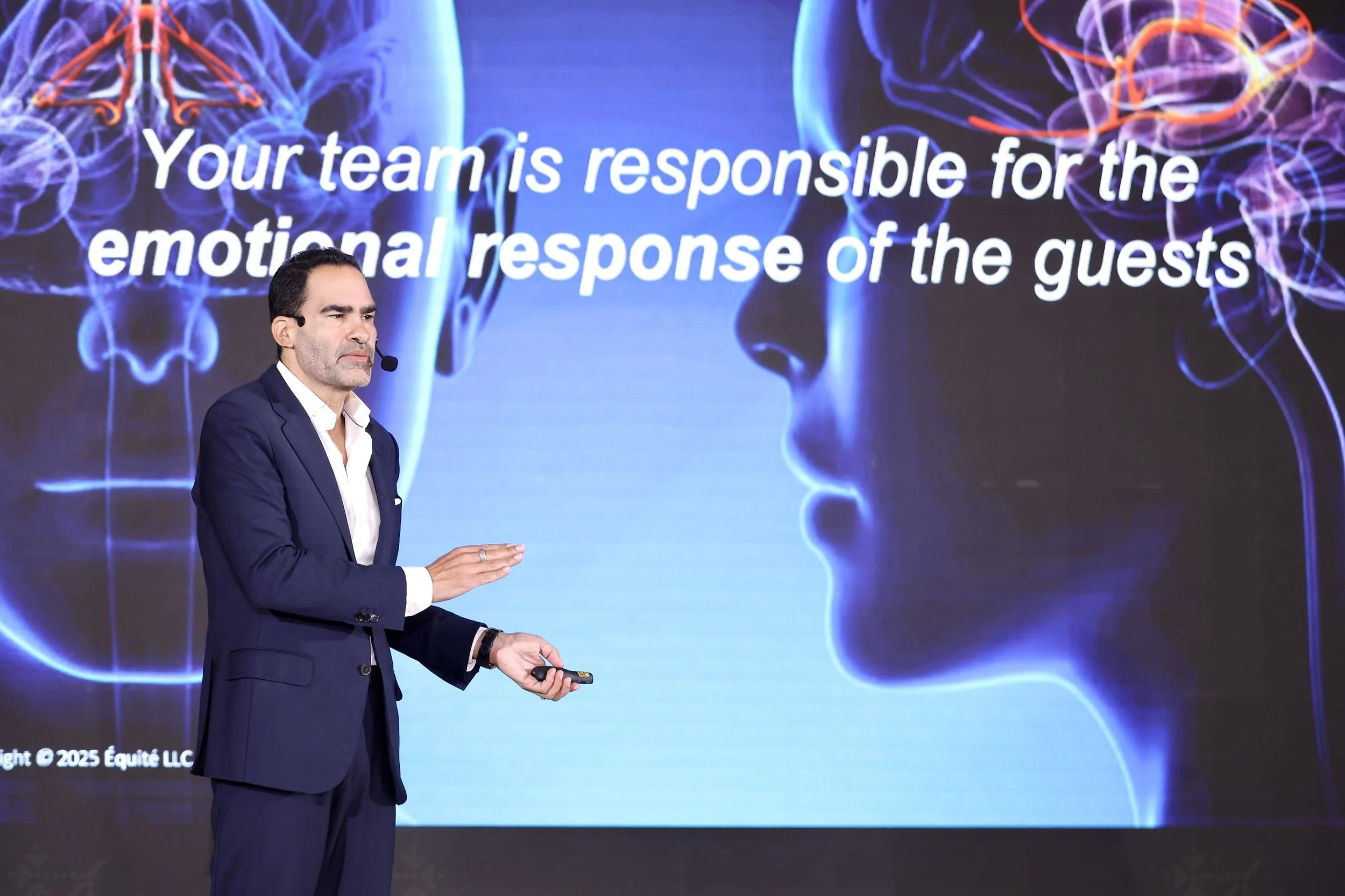Inside Luxury’s Next Revolution: Professor Dr. Daniel Langer on Transforming People, Not Just Brands
Interview with Professor Dr. Daniel Langer, CEO of Équité: Inside Luxury’s Next Revolution: Transforming People, Not Just Brands
Dr. Daniel Langer is recognized as one of the world’s foremost authorities on luxury, branding, and cultural transformation. The Economist calls him “an authority in luxury,” and he is ranked among the top five global luxury thought leaders. As CEO of Équité, he advises many of the world’s most admired luxury and lifestyle brands on brand elevation, pricing power, client experience, and cultural relevance. Combining academic research breakthroughs with decades of hands-on leadership and brand-building experience, he brings a rare perspective that bridges theory and practice. A sought-after keynote speaker and executive educator, his masterclasses and luxury sales and marketing training programs are among the most in-demand in the industry, often booked months in advance for their ability to inspire, transform, and deliver measurable impact.
1. Professor Langer, in one of your recent Luxury Daily column you describe luxury as facing a “perfect storm.” What do you mean by that?
Luxury is under enormous pressure. Clients are more sophisticated than ever, competition is intensifying, and expectations are evolving faster than most brands can adapt. Many still rely on old formulas, assuming that product excellence or heritage alone will sustain desire. But luxury today is defined by how brands make people feel, not just by what they make. The gap between expectation and experience is widening, and that gap is where loyalty is lost.
2. Many brands have extensive training programs. Why do you think these programs are failing to prepare teams for today’s challenges?
Traditional training often focuses on product knowledge, processes, or scripted behaviors. While these are necessary, they do not create the emotional readiness that true luxury experiences demand. In luxury, every interaction must feel personal, thoughtful, and effortless. When training only delivers knowledge, it produces consistency without character. The real goal is to shape mindset and to help teams understand how to translate a brand’s story into emotion.
3. Dr. Langer, you write that transformation begins when teams feel the brand’s purpose. How can leaders make that emotional connection tangible?
It starts with clarity and conviction. A brand’s purpose must be more than words on a slide. It needs to define how people think and act. At Équité, we immerse teams in experiences that allow them to feel the brand’s values rather than just hear about them. We use storytelling, reflection, and shared dialogue to connect everyday behaviors to a higher emotional intent. When people experience what the brand stands for, they naturally act in alignment with it.
4. You often emphasize that excellence is a mindset, not a procedure. How do you bring this philosophy to life in your programs?
I focus on creating environments that encourage awareness, emotion, and responsibility. Participants are invited to think beyond transactions and see themselves as creators of desire. It’s about a fundamental mindset shift and a profound thought provocation. For example, we might explore how anticipation shapes perception or how empathy changes the energy of an interaction. Once people understand the emotional mechanics behind exceptional experiences, they begin to elevate their own behavior. Excellence cannot be instructed. It grows through reflection, emotion, and pride.
5. Professor Langer, what role does leadership play in shaping a culture of excellence?
Leadership is everything. A culture always mirrors its leaders. If leaders treat training as a formality, their teams will do the same. The most admired brands have leaders who embody the brand’s emotion every day. They communicate vision through behavior, not just through presentations. When leaders model empathy, precision, and creativity, they give permission for others to do the same. A culture of excellence starts with example, not enforcement.
6. You work closely with brands around the world. What differences do you see in how training and client experience are approached in regions such as Asia, the Middle East, Europe, and the United States?
Each region reveals a distinct mindset. In Asia, there is a remarkable respect for mastery and a cultural appreciation for emotional nuance. Service is viewed as an art of anticipation and harmony. And clients value brands and their story, something sales people often underestimate. The Middle East expresses luxury through generosity and pride, rooted in an instinctive sense of hospitality. This needs to be delivered across all client touchpoints. Europe often relies on heritage and craftsmanship but sometimes underestimates the importance of emotional engagement. In the United States, brands are more innovation-driven yet can overlook the depth of storytelling that sustains desire. The most successful global brands integrate these strengths: precision, empathy, creativity, and emotional meaning, all working together in one cohesive culture.
7. Dr. Langer, many executives measure success through sales or efficiency. How can brands evaluate transformation that is rooted in emotion and mindset?
We encourage brands to develop emotional performance indicators that capture connection, creativity, and consistency of experience. When teams feel engaged, that energy reaches the client. We also look at qualitative signals such as repeat interactions, referrals, and emotional language in client feedback. These are far stronger indicators of brand strength than short-term sales spikes. True transformation reveals itself in how people talk about the brand and how they feel after an encounter.
8. Finally, if you could give one piece of advice to a luxury CEO about preparing their teams for the future, what would it be?
Invest in mindset before methods. The most advanced brands know that competitive advantage begins with people who understand emotion and purpose. Training should inspire reflection, creativity, and empathy, not conformity. When teams feel connected to the brand’s story, they turn everyday moments into lasting memories. The future of luxury will belong to brands that build emotion from within.
9. How can brands get in touch with you?
Reach out to my team at contact@equitebrands.com and we will walk you through our signature approach to elevating brands and client experiences. With a strong presence in the US, Europe, and Asia, we are close to the key markets and combine a global and local mindset.

